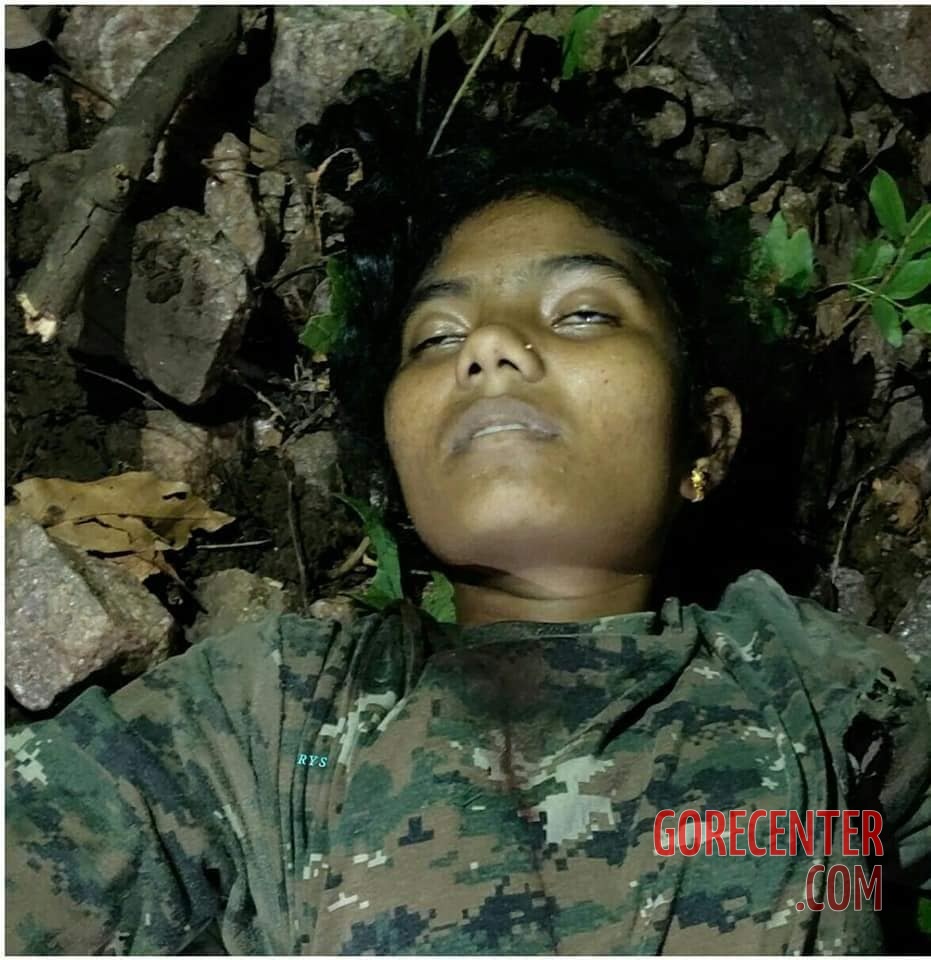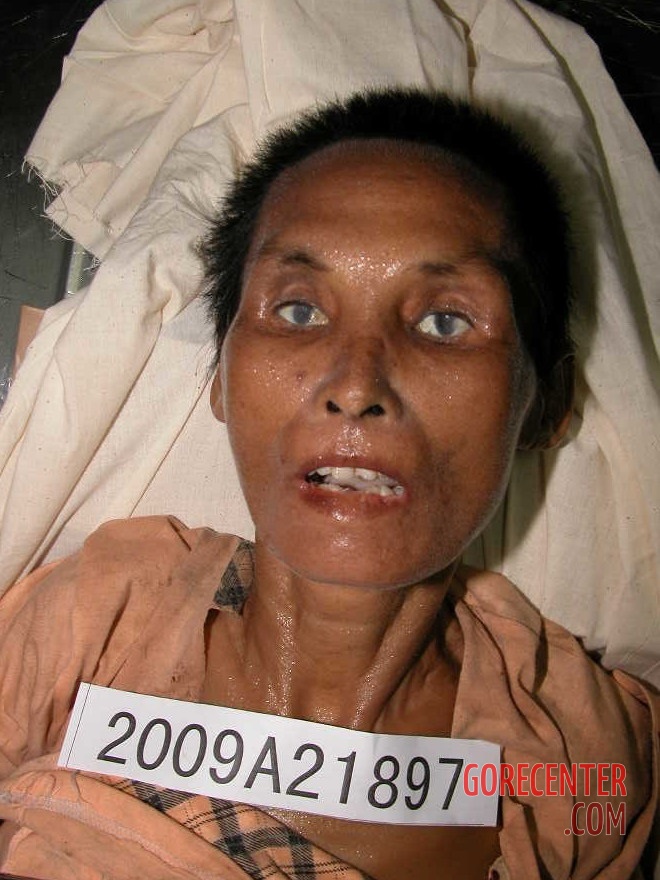Reality Unfiltered: Exploring The Dark Side Of The Web
Are you prepared to confront the raw, unfiltered face of reality? The internet, in its vast and often unsettling expanse, has become a repository for the explicit and the extreme, a place where the boundaries of acceptable content are constantly tested and redefined. Content that capture what the world has to offer.
Since 2022, platforms like Reeleak have emerged, presenting themselves as alternatives to sites like Livegore, offering users a space to "surf and watch livegore content directly." This access, however, comes at a steep price. These sites often curate collections of executions, beheadings, torture, and other forms of extreme violence. Gore, far from being a source of entertainment, becomes a stark reminder of the darker aspects of human existence. The dissemination of such material raises profound ethical questions about desensitization, exploitation, and the potential for real-world harm.
The phenomenon of "Funky Town," a notorious gore video depicting the inhuman torture of a man by members of a Mexican drug cartel, exemplifies the disturbing content circulating online. The video's graphic nature sparked widespread outrage and condemnation, highlighting the internet's capacity to amplify violence and desensitize viewers to human suffering. Similarly, the "no mercy in mexico" video, showing the brutal execution of a father and son by a drug cartel, went viral, underscoring the disturbing trend of cartels using social media to broadcast their brutality.
- Ari Melbers The Beat What You Need To Know Now
- Hyungry Temporary Replacement Ep 3 The Buzz What To Know
Related Information Table
| Platform/Content Type | Description | Ethical Concerns |
| Reeleak | Alternative to Livegore, offering gore content. | Desensitization, exploitation, potential for real-world harm. |
| "Funky Town" Video | Depicts the inhuman torture of a man by a Mexican drug cartel. | Glorification of violence, dehumanization, psychological impact. |
| "No Mercy in Mexico" Video | Shows the brutal execution of a father and son by a drug cartel. | Cartel propaganda, desensitization to violence, real-world threats. |
| Saudi Arabian Executions | Public beheadings carried out with a sabre. | Human rights violations, inhumane punishment, lack of due process. |
| True Crime Imagery | Graphic images and videos documenting real-life crimes. | Exploitation of victims, privacy concerns, potential for copycat crimes. |
Adding another layer of complexity, some online communities focus on specific types of gore, such as beheadings, decapitations, and other forms of extreme violence against women. These collections often cater to niche interests, including those with macabre curiosities or even fetishes. The existence of such content raises serious questions about the objectification and dehumanization of women, as well as the potential for it to normalize violence against them.
Beyond the digital realm, the reality of violence continues to manifest in various forms across the globe. In Saudi Arabia, public beheadings remain a state-sanctioned form of capital punishment, drawing criticism from human rights organizations and international bodies like the UN. The practice, often carried out in full public view, underscores the stark contrast between cultural norms and universal human rights standards. The mass execution of convicts, as witnessed in one instance that resulted in 5 deaths and several injuries, further highlights the severity of the situation.
- Hyungry Temporary Replacement Ep 3 The Shocking Twist
- Hyungry Temporary Replacement Ep 3 Mustsee Moments More
True crime imagery and videos also contribute to the landscape of online gore. While some argue that these materials serve a documentary purpose, shedding light on the grim realities of crime, others raise concerns about the potential for exploitation, desensitization, and the retraumatization of victims and their families. The line between documentation and exploitation remains a subject of ongoing debate, with viewer discretion strongly advised when engaging with such content.
In Murfreesboro, Tennessee, the Albert Gore Research Center at Middle Tennessee State University stands as a physical reminder of the namesake's legacy. Though seemingly unrelated to the world of online gore, the centers existence highlights the complex relationship between technology, information, and societal values. The internet, much like the research center, serves as a repository of information, but it is up to individuals to navigate its contents responsibly and critically.
Instances of extreme violence are not confined to the digital world or distant lands. Reports of decapitated and charred bodies found in the aftermath of violence, such as the cases of Adrian L.B.M. and Walter J.C.G., serve as chilling reminders of the real-world consequences of unchecked brutality. These acts of violence, often rooted in drug-related conflicts or other forms of organized crime, leave lasting scars on communities and families.
Gorecenter.com, with its significant subscriber base, presents itself as a provider of "photos and videos capturing reality from around the world." While ostensibly focused on "gore movie reviews and coverage of horror video games, frightening stories, horror news, and exclusive events for gore fans," the platform's content inevitably blurs the line between entertainment and the exploitation of real-world suffering. The question of whether individuals have the ability to contribute to such platforms raises further ethical concerns about the potential for user-generated content to amplify harmful narratives and perpetuate violence.
Even seemingly isolated incidents, such as the fight between two boys in a Chinese school classroom, can escalate into acts of extreme violence. The case described, in which a stronger boy crossed the line from a simple fight to attempted murder, highlights the potential for unchecked aggression to result in devastating consequences. The fact that the attack continued even after the opponent gave up, and that classmates failed to intervene, underscores the importance of bystander intervention and the need for effective anti-bullying programs.
The threads on hanged girls, some of which became so large that they had to be closed by site owners, represent another disturbing facet of online gore. The creation of new threads dedicated to such content, featuring graphic images of self-harm, further normalizes and potentially encourages such acts. The availability of these images raises serious concerns about the mental health of vulnerable individuals and the potential for online content to contribute to suicidal ideation.
The user welcoming visitors to their "personal collection of women who have inconveniently lost their beautiful heads" exemplifies the darkest corners of the internet. The explicit description of the content, ranging from beheadings to pancakings, and the invitation to those with "a fetish for it" highlight the dehumanizing nature of such communities. The presence of "lifeless, cold dead stares looking back" reinforces the disturbing reality that these images depict real people who have suffered unimaginable violence.
The tragic case of the 18-year-old girl who hung herself with a bedsheet in Paraguay serves as a stark reminder of the real-world consequences of online content. While it is impossible to determine the exact role that online gore may have played in her decision, the availability of such material undoubtedly contributes to a culture of desensitization and normalizes acts of self-harm.
The reference to Adder, bhas, bigced001, brainplague, daydream8015, dimensionx, errie_dath, excreto, ferocity, forensicglimmer88, gijoe7898, goregram, himself, hosbe trippin, and imkb likely points to user names or identifiers within these online communities. While the identities of these individuals may remain hidden behind anonymity, their presence highlights the diverse range of motivations and interests that drive participation in the world of online gore.
The crime that shocked the local population due to its violence and occurred in broad daylight, along with the mention of Luka and Jun, underscores the reality that violence is not confined to the digital realm or distant lands. These incidents serve as chilling reminders of the potential for brutality to erupt in unexpected places, leaving lasting scars on communities and individuals.
In the context of a discussion on the death penalty in Saudi Arabia, the decapitation of convicts with a sabre constitutes a particularly gruesome aspect. It is carried out publicly. There was one incidence of mass execution. The headless bodies were identified as Adrian L.B.M. and Walter J.C.G. They were 33 and 37 year old respectively.
The incident involving an Indian man lighting himself on fire and running toward his mother represents a profoundly disturbing act of self-immolation. While the specific motivations behind this act may remain unclear, it serves as a chilling reminder of the depths of human despair and the potential for individuals to inflict extreme harm upon themselves.
Three days after the members of a Mexican drug cartel inhumanely tortured a man in "Funky Town", they were found martyred south of Culiacn.
Two bodies were found decapitated and the rest charred. The result was 5 dead and several others injured.
- Is Ari Melber Leaving Msnbc The Truth Future Updates
- Steamy Movie Collection Hottest Picks Where To Watch Now

MIX Random dead women 43 • GoreCenter

List of gore websites Incels.is Involuntary Celibate Forum

MIX Faces of death 11 • GoreCenter